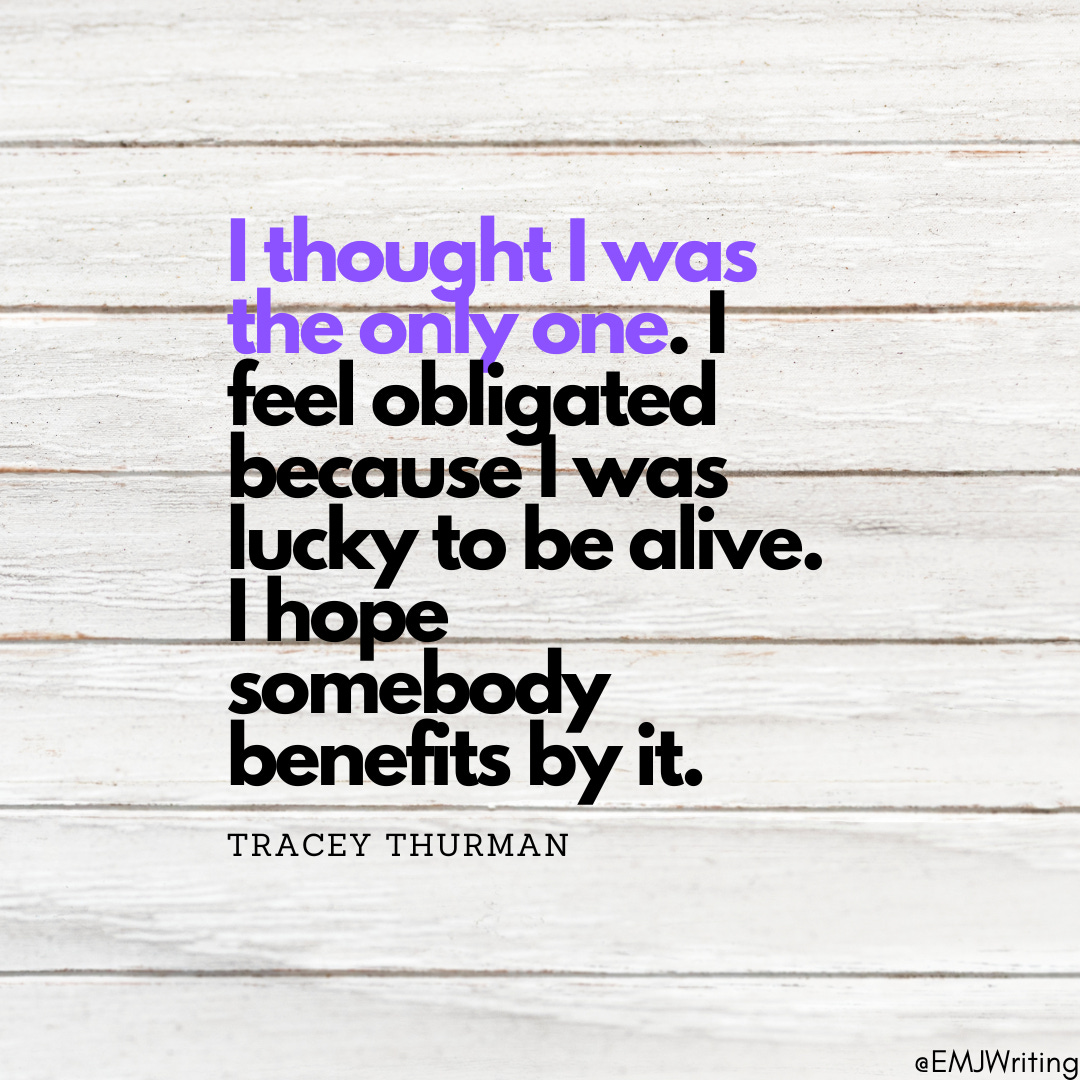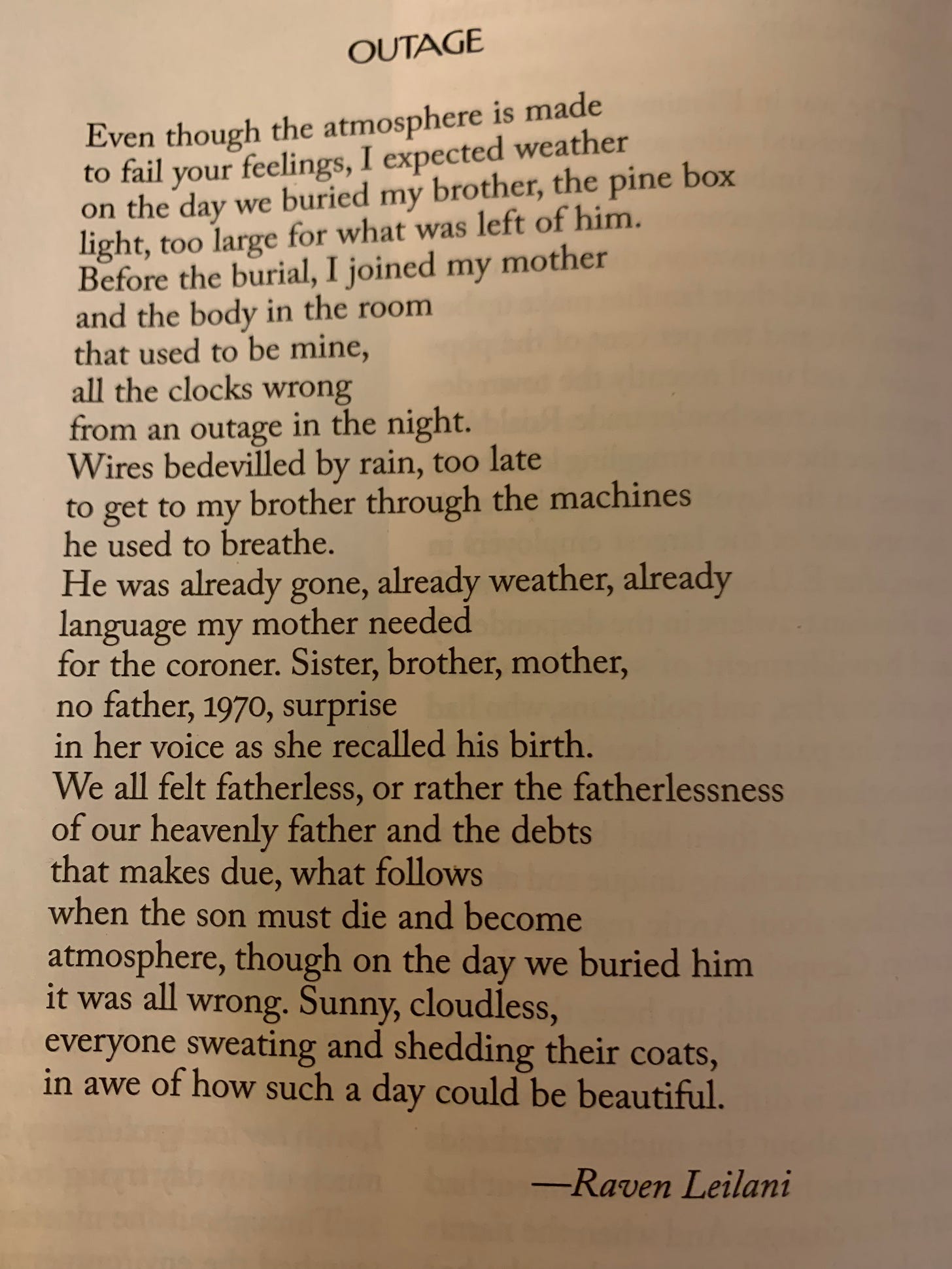40 years ago, Tracey Thurman changed how police deal with domestic violence calls
Likely the one domestic violence post you'll see this month.
It’s Domestic Violence Violence Awareness Month. But if you didn’t know, I wouldn’t blame you.
Every October I say the same thing, “where are all the PSAs about domestic violence?”. Where are the stories? The facts? Anything from any major news outlet. Anything? From…anyone? Nope.
Below is a brief piece I shared on LinkedIn last week about DV survivor Tracey Thurman, who forty years ago, became the first woman to sue a town and its police department. The original post is here.
CW: domestic violence
TLDR: 40 years ago domestic violence survivor Tracey Thurman became the first woman to sue a town and its police department. Her win marked a landmark change in how police departments all over the US handle domestic violence calls.
In 1982, Tracey Thurman had left her husband, Buck, taking their only child with her. (Statistically, the most dangerous time for a woman in an abusive relationship is when she leaves her partner.) For the eight months they lived apart, Buck harassed and threatened her. Tracey filed for and was granted a restraining order. A restraining ( or protective) order has legal consequences if violated but it is only ink on paper. Buck Thurman was not worried about paper.
One day, Buck showed up at the house where Tracey was staying. She contacted the police. Nobody came. She waited. Still no one came. Tracey, exhausted, likely embarrassed, and worried that things might escalate, decided to talk to Buck.
In the early 80s, domestic violence was still thought of as a "family matter". Police officers had no training beyond telling the man to "take a walk." Women were only recently (1974) allowed to apply for their own credit card. Marital rape (rape) would not be a crime until almost ten years later. Women had been seen for centuries as property. Kicking your wife around, a little or a lot, didn't usually raise too many eyes.
Twenty five minutes, after Tracey's call, one police officer arrived.
These days, in most places, domestic violence calls require two officers to be dispatched. As a sheriff's deputy once told me, "These are our most dangerous calls. There's desperation, unpredictability and maybe weapons. That makes for a very dangerous situation." According to the FBI, between 1980 and 2006, a total of 113,236 officer assaults occurred at domestic violence calls and 160 officers died as a result of these assaults.
The Torrington (CT) officer sat in his car while Tracey Thurman was chased, grabbed her by the hair, and stabbed her thirteen times. He watched as Buck kicked Tracey in the head. Buck went inside, picked up his two year old son and drop the child onto his felled mother, saying "...killed your {expletive} mother," and then kicked Thurman again. Buck was only arrested after he tried to get into the ambulance that was taking Tracey away.
Tracey Thurman won a settlement of $2.3 million in federal court (after an appeal, the police settled out of court for $1.9 million). Her legacy to other victims of domestic attacks was greater. The Thurman Law was passed in 1986, requiring officers to make an arrest* in domestics if there is probable cause. In addition, law enforcement all over the United States began to look at domestic violence in a new light, after pressure from the insurance companies responsible for the massive pay-out. This is a massive legacy.
*Mandatory arrests are not perfect solutions as abusers can intentionally manipulate the situation, causing the victim to be arrested.
If you feel inclined to share, like or forward on this post, I’d appreciate it. With 1 in 3 women being a survivor of physical or sexual violence, you can be sure someone who needs to see this story, will see it.
{The number are 1 in 7 men will experience or have experienced physical violence and 1 in 6 men will experience or have experienced sexual violence.}
What I Read & Recommend:
Article. “The United States has had a bookstore problem since before the nation’s founding. There have never been enough.” Brilliant. Louis Menand tackles the history of bookstores, his favorite shops and why they even still exist in The New Yorker. Books are heavy, don’t sell much (2/3 of the books released by the top 10 publishers sell fewer than 1,000 copies and less than 4% sell more than 20,000. OUCH!) and require a lot of space. If you’ve ever walked out of a bookstore with a heavier bag than when you walked in, read this piece.
Short stories. Her Body and Other Parties by Carmen Maria Machado
DON’T read these before bed. (Ask me how I know.) Or maybe do because, Halloween? Gothic, sensual, weird AF and compulsively readable. Just, you know, with all the lights on.
Poem. My first Writing-Because-My Heart-Demanded-It, were long, terrible poems. Mooning, horribly cliched. This poem via The New Yorker by Raven Leilani (_Luster_ author) is as far from trite as you can get. It’s also here, read by Leilani.
Recommended Links:
This clip with Kate Winslet on advice she’d received from Emma Thompson after Titanic. Spoiler: it applies to all of us, no matter what work we do.
50 years ago, 12 friends gathered on the Mall, near the Reflecting Pool, in Washington DC for breakfast. Candelabras, pastry, champagne, formal wear. Who were these people and why had they come together? It was a mystery until now.
“This could happen to you, this could be your story,” says film critic Sara Smith here about the message that director/writer Ida Lupino conveyed in her daring, original films. Lupino worked between the 1930s-1960s also as an actor and composer was prolific. Here’s a brief snipit on the fascinating Lupino, one of my newest obsessions.
My ebook, Relationship Red Flags: The 10 Secrets You Need To Know, is 1/2 off until October 31. Downloadable workbook based on 15+ years experience working with survivors. LGBTQ+ affirming and of course, trauma-informed. Details, nice testimonials and order information here.
Thank you, as always, for being here. I appreciate your time and support. <3





